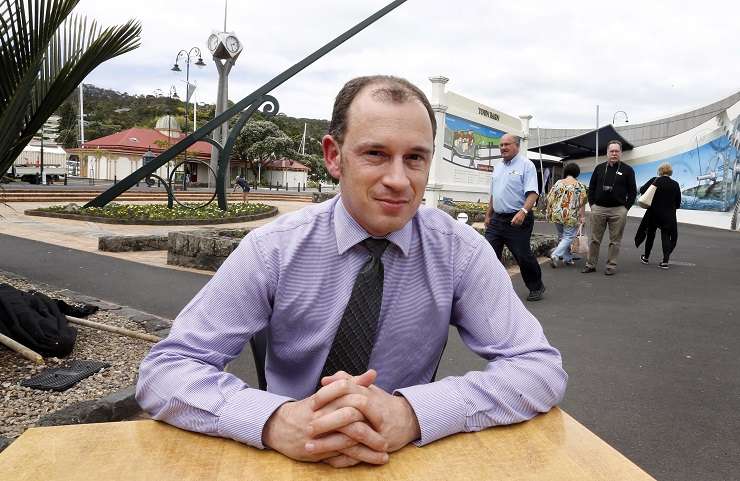The latest Official Cash Rate increase has pushed short-term interest rates up again and longer-term rates down with some mortgage advisers warning that being locked into a lower interest rate for a longer period could cost homeowners in the long run.
In the last week, most of the major banks have hiked their one-year fixed rate to about 6.7% and dropped the three-year rate to an attractive 5.99%, which is the lowest a longer-term rate has been for some time.
The move came after the Reserve Bank of New Zealand last month lifted the OCR to 5.25%, making it the 11th consecutive hike in a row.
EasyStreet Mortgages financial adviser Gareth Veale warned against signing up for the lowest interest rate on offer without considering the implications if interest rates start to fall again.
Start your property search
“The danger is locking in long term because in a year’s time interest rates could have a low five or a four in front of them again and you are paying through the nose in interest.”
Read more:
- When will house prices return to their post-Covid peaks?
- Have we killed the beast? What Thursday's inflation figures mean for interest rates
- 'Heartbreaking’: Tenants in tears over Christchurch's massive rental shortage
Veale’s advice was to “play the short game” and fix for one year.
“Just because it’s the lowest, doesn’t mean it is the right thing to do.”
Loan Market Tauranga mortgage adviser Dave Williams agreed, and is advising clients to fix for 12 months or share the risk by splitting the loan up and fixing part of the loan for 12 months and the remainder at 18 months.
Williams said loose indications from the Reserve Bank of New Zealand was that it should still be on track to deliver rate reductions by the end of this year or the beginning of 2024.
“Whilst these reductions will most certainly not be at the same pace as the increases. There is absolutely light at the end of this tunnel, and we are advising our clients not to fix in higher rates for periods that are unnecessary.”
However, Infometrics chief forecaster Gareth Kiernan was not so sure the drops would trickle through quickly and with up to two more OCR rises on the cards, he did not expect to see it lowered until mid-2024.
The decreases would also happen a lot slower than the increases have, he said.

Infometrics chief forecaster Gareth Kiernan does not think the Official Cash Rate will start to fall until mid-2024. Photo / John Stone
“If you were to fix for one or two years now and hope the rates have come down sufficiently in one- or two-years' time when you go to refix – there's actually got to have been a reasonably sizeable drop in those rates before you are better off than jumping on the three-year rate as it stands now.”
People needed to balance up the certainty of the three-year rate versus how much they will regret it if rates do end up dropping more than expected in the next one or two years.
While his current pick would be fixing for 18 months, he didn’t think fixing for three years was too far out of the ballpark right now.
And he was not alone in his thinking. Total Mortgages mortgage adviser Jordan Cameron said 5.99% was an attractive rate for many and there were pros and cons for both.
“We generally advise not to put all your eggs in one basket and to split it up and take a couple of different terms.”
Most of his clients were splitting their mortgage into two loans and fixing one at 18 months and the other at two years, or one at 18 months and the other at three years.
None of his clients were fixing it for just a year out of concern interest rates could rise further and they could be stuck with an even higher one.
While interest rates were one way of saving money, Cameron said there were also other offers around.
Most of the main lenders offered a 1% cash contribution to any new lenders or first-home buyers. The amount was usually capped at around $20,000.
It was also important to bear in mind that the banks also charged a higher interest rate to lenders with less than a 20% deposit, pushing the 5.99% three-year rate for borrowers such as first-home buyers to 6.74%.
Use the search field to find out the best mortgage deals available today.













































































